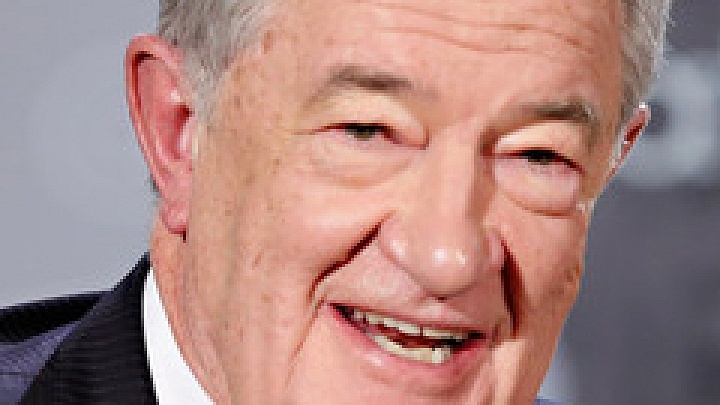Spymaster Jack Devine on Building a Better CIA

Jack Devine, longtime veteran of the Central Intelligence Agency (CIA) and at one point its top spymaster, was there for Charlie Wilsons War, the hunt for Pablo Escobar, and the unmasking of KGB spy Aldrich Ames. From Pinochets coup in Chile to Iran-Contra, he sets the record straight about the CIAs Cold War record in his new memoir and its controversial role during wartime.
In your book, you seem to wax poetic about the agency. You write, “When an autopsy is done you’re going to find that part of my heart contains the CIA’s stamp.” Why? Most Americans probably hold more negative views of the CIA.
I don’t think it’s quite accurate to say that most Americans hold negative views of the CIA. In fact, I think many in mainstream American see the CIA as playing an invaluable role for the nation, and understand the need for it. Once you step away from the academic arenas, the average American person is much more supportive of the CIA. Furthermore, Congress continues to fund the CIA with a robust budget, as it is sensitive to the needs and opinions of the American people. As for my interest in the CIA, intrigue drew me to Langley. However, even more than that, I believed in the essential mission of the CIA which kept me in the profession for over thirty years.
You write that the CIA is “probably the least-understood instruments of the U.S. government.” What do you mean? Are you saying that Hollywood gets it wrong and that people like Saul Berenson (of Homeland) don’t exist?
The element of the CIA that is least understood has to do with who directs and controls covert action. In over thirty years with CIA, I never saw or participated in a “rogue operation” – something the CIA executed on its own without explicit approval from the White House. To my knowledge, there has never been a covert action that has not been approved by the president through a presidential finding. In December of 1968, the Covert Operations Study Group submitted its report on “Covert Operations of the United States Government” where they made clear “Covert operations are an instrument; their only legitimate objective is to serve the foreign policy of the president.” This continues to be the case today.
With regards to Hollywood, it is true that the CIA is lionized and caricatured. Early on in my career, I thought that Hollywood trivialized the profession. However, I came to realize that Hollywood in fact in many cases enhanced the folk lore and prestige of the CIA. The Agency’s larger-than-life image in Latin America worked to our advantage. The CIA came to be known as “the Company,” in Latin America, and it was both revered and feared throughout the region. This image enabled us to develop strong liaison relationships with host governments and to recruit sources to our cause. I’ve also learned that Hollywood frequently dramatizes in order to visually convey real emotions and feelings, and needs to do so in order to tell a cohesive and compelling story. Argo and Zero Dark Thirty are great examples of dramatization used to portray genuine emotions.
What is the “myth” that bothers you most about the CIA?
There are three myths that I would point to. First would be the notion of “rogue operations” that I addressed in the previous question. The second would be that the CIA was directly responsible for the overthrow of President Allende in Chile in 1973, which I will address in a later question. The third, which I discuss at length in the book, is the assertion of a connection between the CIA’s covert war in Afghanistan in the 1980’s and the creation of al-Qaeda. The CIA supported Afghanistanmujahedinfighters, not the Arab organizations that later became al-Qaeda. In addition, the CIA never supported Osama bin Laden or provided his associates with weapons or other materiel support.
The CIA supported Afghanistan mujahedin fighters, not the Arab organizations that later became al-Qaeda. The CIA never supported Osama bin Laden or provided his associates with weapons or other materiel support.
You ran covert operations from seven countries. How has intellige
